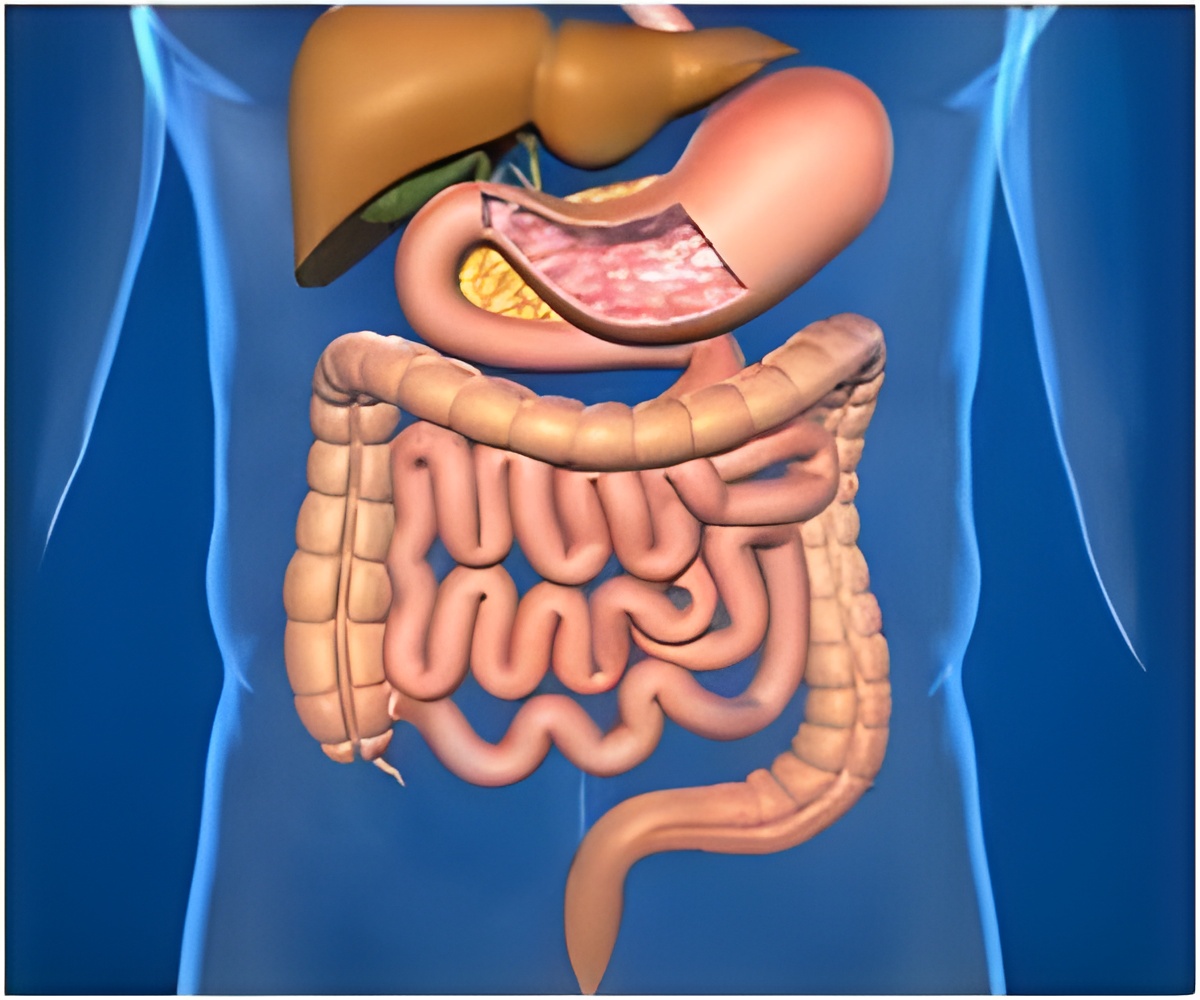
"As an antioxidant, quercetin scavenges the damaging and highly reactive molecules produced in the body, called reactive oxygen species or ROS," IICB’s Snehasikta Swarnakar told IANS.
Swarnakar, a senior scientist at the institute’s Drug Development Diagnostic and Biotechnology Division, led the research on the antioxidant.
Gastric ulcers are caused by the degradation of the inner lining of the gastrointestinal tract that includes the stomach and intestine.
The number of cases of gastric ulcers in Indians at a given time is around 0.6 percent. Ulcer-related diseases are responsible for 6,000 deaths annually.
Gastric ulcers, common in Asia - mainly in Japan - affect 10-15 percent of the population worldwide at some point in their lifetime.
Advertisement
ROS, researchers explain, are chemically reactive molecules containing oxygen, also termed free radicals.
Advertisement
They are generated during the process of gastric ulceration that can be caused by indiscriminate use of painkillers, stress, bacterial infection and indiscreet alcohol consumption.
Quercetin (QC), though an effective ROS scavenger, is absorbed or available at a very slow rate at the site of action. Consequently it has to be taken in a high dose (50mg per kg of body weight) to be effective.
"In order to find an effective way of administering quercetin, we used nanocapsules," said Swarnakar.
Nanocapsules, as the name suggests, are tiny reservoirs surrounded by membranes that can carry oily or water-based solutions in their cavities. They not only increase the availability of the drugs at the site of action but also can be used to precisely target the drugs to the required location.
"Our results show that nanocapsules containing quercetin or nano-quercetin (NQC) are more effective with a 20 times lesser dose (2.5 mg per kg) than the high dose QC alone, in prevention of ethanol-induced gastric ulcers," Swarnakar said.
According to the study done on rats and published in 2012 in the Biomaterials Journal, NQC also offers greater protection to the gastric tissue than anti-ulcer drug famotidine.
In addition to safeguarding stomach tissues against ROS damage, NQC also lowers the levels of the enzyme MMP-9 that is involved in inflammation and ulceration.
Source-IANS









